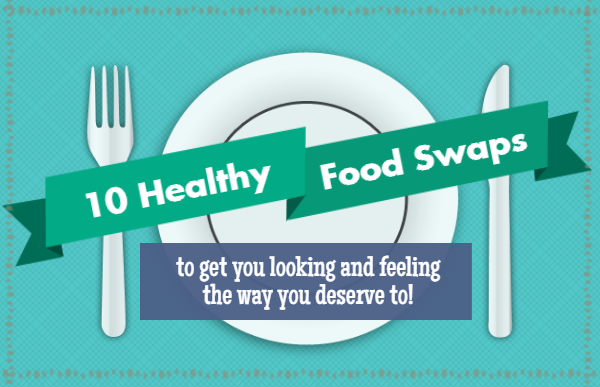
One time in college I tried canned asparagus. That was not a good experience. Poor asparagus- they never wanted to go in that can anyway. I’ve since figured out how to honor their deliciousness. This is hardly a recipe, just a method that works great with any vegetable you might have waiting patiently to be used up!
Continue reading

Americans have a love affair with sauces and condiments. Unfortunately, these products are usually more like science fair projects than food. Even (especially) when a product promotes itself with qualifiers like “fat-free!” or “low-sodium!”, you can usually just translate that to “sugar-loaded, chemical explosion!”.
As for barbecue sauce, the number one ingredient is almost always High Fructose Corn Syrup (from GMO corn). You’ll then get a good mix of other seemingly innocent ingredients: tomato paste, vinegar, caramel color. That last one may not catch your attention, but despite its wholesome sounding name, it is in fact linked to cancer and its safety is currently being reevaluated by the FDA.
Continue reading

The most unfortunate resistance to eating healthy is the idea that in order to do so you must suffer through steamed broccoli and tofu every night. In reality, a healthy, real food diet can (and should) include foods that are insanely delicious.
The problem is that we’ve lost touch with our sensory signaling, and we automatically think if something tastes good, it must not be healthy. Continue reading

If you’re a health conscious person (and even if you’re not) I’m sure you’ve heard about the benefits of consuming more fish on a regular basis. Japanese and Mediterranean diets, which both include a great deal of seafood, seem to grow people who generally have lower risk of heart disease, longer life-span, and overall good health. By our reductionist approach, we have attributed this health benefit to the occurrence of Omega-3 fatty acids found naturally in fish, and especially high in fatty fish such as salmon. So we have concluded that eating salmon is good for us, but is that the end of the story?
As more and more people learn that by simply including this delicious fish into their diets they can live to 100 without dropping dead of a heart attack, sales of salmon have soared astronomically. And when demand is high, companies look to how they can produce more of a product, faster and cheaper. The solution for large-scale food producers is to farm salmon (that term alone personally conjures Dr. Seuss images of fish growing on trees somewhere). Farmed salmon is the fastest growing food production system in the world, accounting for 70% of the salmon sold worldwide. What does that mean? Unless the salmon you are buying is labeled as “Wild Caught”, “Alaskan”, or “Sockeye” you are purchasing fish raised by fish-farming practices. So is that really such a bad thing? Is there a reason wild caught salmon is best? Continue reading




